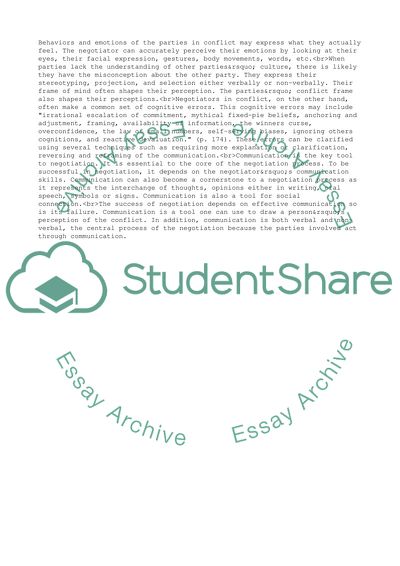Cite this document
(“Features Of The Different Concepts Of Negotiation Book Report/Review - 1”, n.d.)
Features Of The Different Concepts Of Negotiation Book Report/Review - 1. Retrieved from https://studentshare.org/business/1733112-integration-paper
Features Of The Different Concepts Of Negotiation Book Report/Review - 1. Retrieved from https://studentshare.org/business/1733112-integration-paper
(Features Of The Different Concepts Of Negotiation Book Report/Review - 1)
Features Of The Different Concepts Of Negotiation Book Report/Review - 1. https://studentshare.org/business/1733112-integration-paper.
Features Of The Different Concepts Of Negotiation Book Report/Review - 1. https://studentshare.org/business/1733112-integration-paper.
“Features Of The Different Concepts Of Negotiation Book Report/Review - 1”, n.d. https://studentshare.org/business/1733112-integration-paper.


